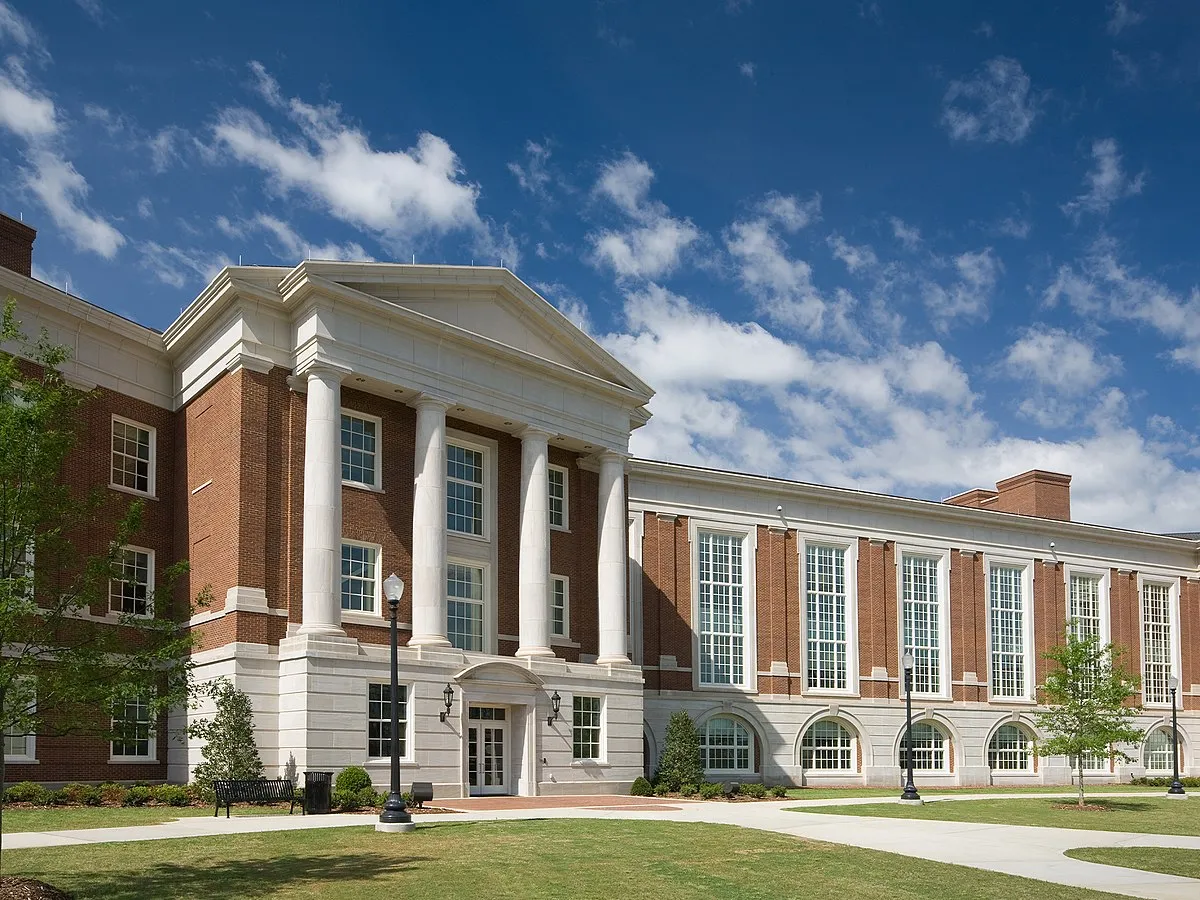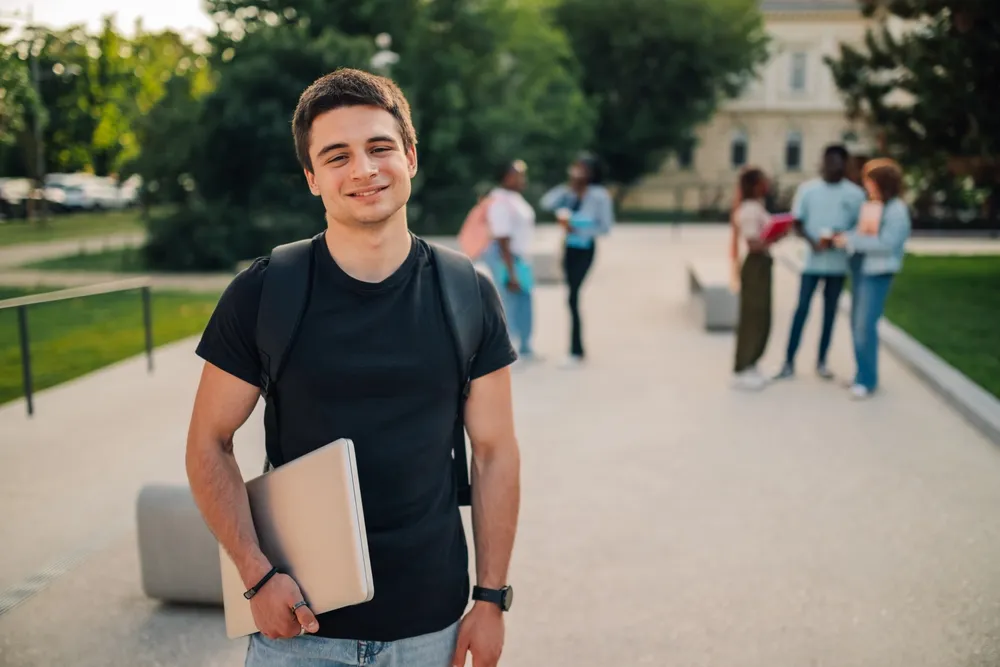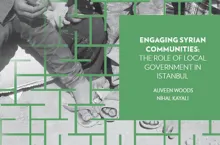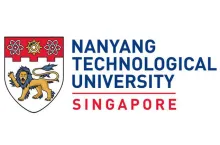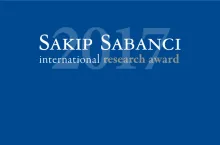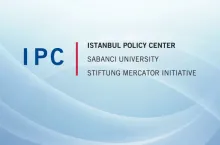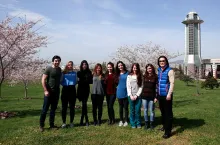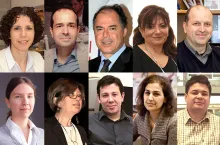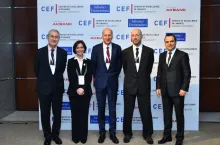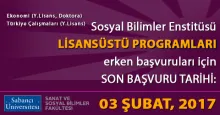SABANCI UNIVERSITY
GRADUATE SCHOOL OF SOCIAL SCIENCES
GRADUATE PROGRAMS
2017 – 2018 FALL EARLY APPLICATIONS
The following programs leading to MA and PhD degrees are accepting early applications for 2017-2018 academic year Fall semester. Contact names for each program have been provided for academic inquiries only. For administrative or procedure related questions, please contact Student Resources Office.
Economics (MA/PhD) www
Contact: Abdurrahman Aydemir, (216) 483 93 44, aaydemir@sabanciuniv.edu
Turkish Studies (MA) www
Contact: Ayşe Özil, (216) 483 92 88, ayseozil@sabanciuniv.edu
Applicants must have completed their previous degree programs by September 5, 2017, at latest.
Admission Requirements
Admission Requirements for Faculty of Arts and Social Sciences
IMPORTANT WARNING: All REQUIRED documents must be submitted during applications. Applications with incomplete documentation will not be taken into consideration. RECOMMENDED documents are not obligatory, but will be influential in the review process. (Please see the table for required and recommended documents from the link above.)
- The applicant must submit ALES, e-ALES, GRE or GAT result during application. Applications without a valid exam result will not be taken into consideration.
- Candidates are required to submit their English proficiency exam scores (TOEFL IBT, e-YDS, YDS, KPDS, ÜDS, PTE Academic, CAE or CPE) during the application. Applicants who are unable to provide a valid English Proficiency Exam score can only be admitted to graduate study upon obtaining a satisfactory grade in Sabancı University English Language Assessment Exam (ELAE) offered in early June. Those candidates who fail to attend or get a satisfactory grade in ELAE exam are obliged to attend and successfully complete English Language Preparation course(s) in order to enroll in a graduate program. Scholarships do not apply to the English Language Preparation courses.
ELAE exam is not substituted for language exam in PhD applications. For PhD candidates exam results should be submitted during application; applications without these documents will not be taken into consideration.
Graduates of Sabancı University are exempt from submitting an English Proficiency Exam score provided that they apply within two years of their graduation. For PhD applications, SU graduates are required to submit language certificate as well.
Financial Support
A limited number of scholarships based on academic achievement are available in the form of partial or full tuition waivers and/or stipends.
Click for SU Graduate Scholarships.
Click for Graduate Funding, Other Opportunities and Awards
Please note that those candidates who fail to submit a sufficient English proficiency exam score and thus attend the course of English Language Preparation will receive no scholarship until they successfully complete the course.
Deadline
February 3rd, 2017 is the deadline for the early applications.
Applicants may be invited for written exams and/or interviews via e-mail. All written exams and interviews are held in English. For Turkish and international applicants who are abroad and unable to attend written exams and/or interviews, will be interviewed through Skype.
The Graduate Admissions Calendar
Economics (MA/PhD)
Interview* : TBA
Turkish Studies (MA)
Interview* : TBA
* Candidates are going to be invited via e-mail for the interview.
Applications:
Online applications are accepted via http://admission.sabanciuniv.edu/ . Application documents (official exam results, transcript, etc.) should be uploaded on the online system and application packages must be submitted either in person or post by mail to the address below. Please note that print-out of the completed application form should also be added to the application package. The packages sent via mail must arrive at the department by the application deadline. Applications sent via e-mail are not accepted.
Warning! All the application documents become property of Sabancı University. It is suggested to keep the original reports of TOEFL, GRE and ALES scores, and apply with the copies of those test scores. But please note that the originals must be produced at the time of registration to Sabancı University.
Student Resources Office
Sabancı University, Orhanlı
34956, Tuzla/ İstanbul-Turkey
www.sabanciuniv.edu
Phone: +90 (216) 483 9093
Facsimile: +90 (216) 483 90 73
E-mail: studentinfo@sabanciuniv.edu


